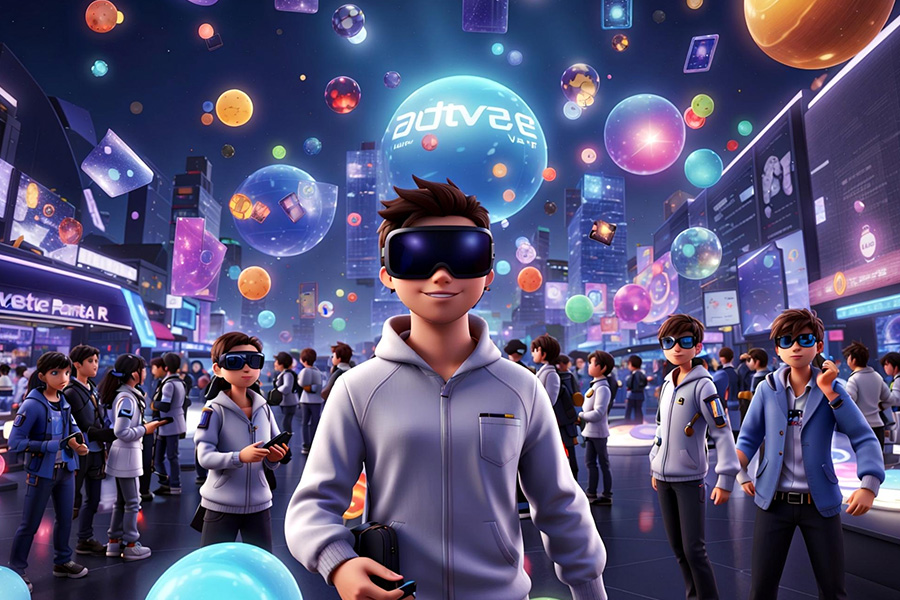
What are the challenges policymakers need to keep in mind for successful integration of virtual reality technology like metaverse in higher education?
Authors
Janardan Krishna Yadav, Associate Professor, Jindal Global Business School, O.P. Jindal Global University, Sonipat, Haryana, India.
Srinivas Jangirala, Associate Professor, Jindal Global Business School, O. P. Jindal Global University, Sonipat, Haryana, India.
Deepika Chandra Verma, Assistant Professor, Jindal Global Business School, O.P. Jindal Global University, Sonipat, Haryana, India.
Summary
The COVID-19 pandemic has drastically reduced human contact in various aspects of life, leading to a culture of remote work and education. The emergence of virtual reality (VR) collaboration tools like Horizon Workrooms and AltSpaceVR mark a shift towards remote work & education. As we anticipate the future, creating educational content as per the technological format, considering learners’ intelligence development and individual social needs are crucial factors to ensure successful integration.
In this article we map, the socio-ecological systems model of higher education proposed by Godber & Atkin (2021) and highlight the importance of considering the interdependence and interactions between educators and students’ microecosystems, lifestyle, and livelihood. As well as the key points or challenges policymakers need to keep in mind for successful integration of virtual reality technology like metaverse in higher education.
Published in: AIP Conference Proceedings
To read the full article, please click here.

